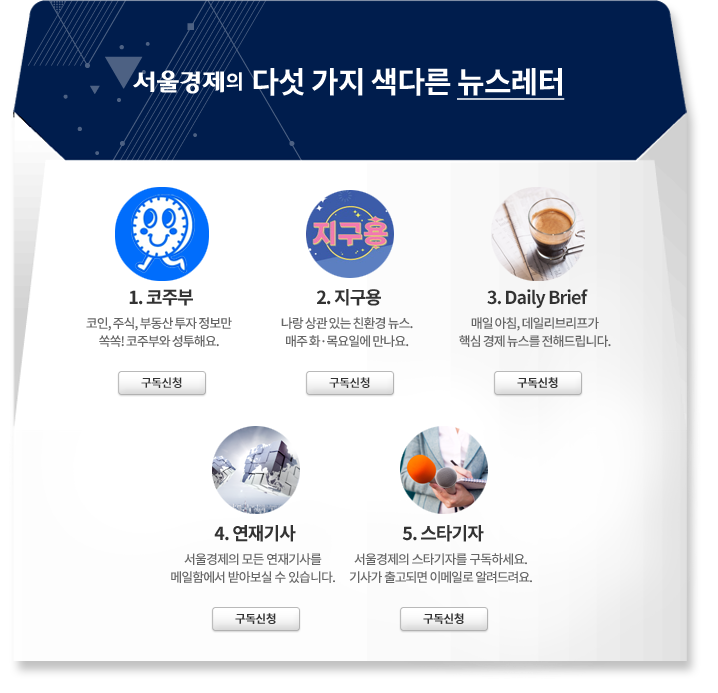Posted by Michal Lev-Ram, writer
Jack Dorsey has a bold idea: make accepting a credit card as easy as sending a tweet.
Until recently Jack Dorsey was best known in the business world as the creator and chairman of Twitter, which has transformed the way millions of people communicate and get information. These days, though, Dorsey, 34, has been garnering bigtime buzz for his latest venture, Square, a service that aims to upend the banking industry by enabling every smartphone to become a credit card reader and, he hopes, eventually replacing plastic altogether.
Dorsey says he is trying to bring Twitter-like simplicity to the complex world of credit card processing. He's developed a small, rectangular card swiper (a square, get it?) that plugs into the audio jack of mobile devices no bulky credit card terminal needed. He also offers super simple software that helps businesses track sales, taxes, and other financial data. But Dorsey's real innovation is the ease that Square provides for anyone to accept credit cards: Unlike banks, Square doesn't ask its customers to set up a merchant account, pay monthly fees, or sign a multiyear contract. Its pricing structure Square charges vendors 2.75% plus 15¢ per transaction isn't the cheapest deal in town, but it may be the most straightforward.
As a result, the company, which launched two years ago, says it is signing up about 50,000 small businesses each month, including many entrepreneurs who don't have a fixed location. (Think babysitters, food trucks, flea-market vendors.) "I'm done buying clunky big things that don't work for very long," says Josh Levine, who uses Square readers at his two Pepples Donuts locations in the Bay Area. "Square is simple, it's cool, it's straightforward."
Customers aren't the only ones who love Square. Time (which, like Fortune is owned by Time Warner (TWX)) called it one of the 50 best inventions of 2010. And despite the huge challenges Dorsey faces in moving to the financial transactions business, an eclectic group of initial funders, including Khosla Ventures, Google's (GOOG) Marissa Mayer, and star angel investor Ron Conway, poured $10 million into Square. In January the firm raised an additional $27.5 million, giving the upstart a valuation of $240 million. A big reason for Square's fundraising success? Dorsey himself. "If they didn't have Jack Dorsey at the helm they wouldn't have been all over the headlines," says Nick Holland, a senior analyst who covers mobile commerce for Yankee Group, a market research firm.
Indeed, Dorsey has been aggressively touting Square with television appearances and town-hall-style meetings with small businesses around the country. But such self-promotion doesn't come easily for the soft-spoken St. Louis native. Dorsey rarely smiles, at least not during interviews, and comes across as unemotional yet intense with an unconventional streak. (He wore a nose ring until a few years ago.) His life revolves around a one-block radius in San Francisco, where both his one-bedroom apartment and Square's office are located. He rarely drives and says one of his favorite pastimes is walking.
Dorsey spent his high school years developing open-source software for taxicab companies. After dropping out of New York University in 1999, he headed west to put his engineering smarts to work on developing a communications service that was a mashup of an instant messenger and texting. His idea eventually became Twitter, which launched in 2006. Dorsey led the company through two rounds of funding but was squeezed out of the CEO role by co-founder Evan Williams in October 2008. (Williams, in turn, was replaced by former operating chief Dick Costolo last year.)
After moving into the chairmanship at Twitter, Dorsey began looking for the next startup idea. It came from his native St. Louis, where his friend Jim McKelvey, a glass blower and inventor, had recently began exploring ways he could use a smartphone to sell his artwork. In late 2008 the two began working on Square.
Dorsey says the idea appealed to him immediately. "The financial world was falling apart," says Dorsey, sipping a cappuccino at Sightglass Coffee, a cafe in San Francisco's South of Market neighborhood and one of the company's early customers. "It was open for innovation."
Like many other startups Facebook, to name one part of Square's heritage is in dispute: McKelvey enlisted his friend Robert Morley, a professor at Washington University in St. Louis, to develop the card reader. According to the company, the two worked together to develop the first Square. But in June 2009, Morley filed a patent for the device, listing himself as the sole inventor. Last month Square filed a lawsuit against Morley and asked that McKelvey be listed as co-inventor on the patent. (Square won't comment on the pending lawsuit.)
Despite a wave of positive buzz, Square has experienced a number of challenges, many of which like the patent dispute have yet to be resolved. In its early months many would-be users were stymied as they tried to get onto the service, first by hardware shortages, then by a "credit processing and risk issue," according to a letter Dorsey wrote to users in June 2009. Larger payment companies, such as PayPal, have spent years fine-tuning their underwriting processes. Square initially planned to minimize risk by capping daily credit card transactions at $100. But the company quickly realized that wouldn't work for users like photographers and wedding planners, who sometimes need to ring up much larger tickets in one day.
"Since then, we've learned a lot," says Keith Rabois, chief operating officer of Square. Rabois, an early PayPal employee and former vice president of business development at Slide, was brought in last summer to help Dorsey run the company and oversee risk management. Rabois says Square's customers are no longer limited to $100 in daily transactions. But the company does try to control risk by putting a 30-day hold on funds when payments surpass $1,000 in one week, though customers can apply to be approved for higher weekly transactions. It also uses unconventional methods to try to validate the legitimacy of its customers' businesses, like looking them up on Yelp.
But using social media as part of its creative underwriting process can only go so far. As Square's user base grows, so will its exposure to risk. It's still got a relatively small team (total employee count is less than 60) of mostly programmers and designers, and will need to hire many more risk-analysis specialists to keep weeding out the frauds.
And while Square is busy perfecting its underwriting infrastructure, its competitors are hard at work pushing their own version of magnetic-stripe readers that attach to phones. In August 2010, Intuit (INTU) launched an iPhone case that doubles as a credit card machine. Unlike Square, the software maker, based in Mountain View, Calif., initially charged a monthly fee and a hefty $180 for the reader. But its per-transaction rates were lower, and its readers were widely available in Apple (AAPL) stores nationwide.
Richard Festen, a pastry chef who runs a small culinary school in San Francisco, signed up for Square back in May 2010 but didn't get a response until six months later. By the time his Square reader arrived in the mail, he was already up and running on Intuit's GoPayment, which he still uses to accept payments from students. "They definitely had the cart before the horse," Festen says of Square. "It took them so long to process my application that I eventually gave up on them." Square says it was still in pilot status when Festen placed his order.
Square's competition recently upped the ante. In early January, Intuit launched a "free" version (meaning no monthly fees but a higher per-transaction rate) of GoPayment and kicked off a TV advertising campaign to spread the word to dog walkers, artists, and babysitters nationwide. "This will attract the smaller businesses that couldn't take credit card payments before or are taking them but not getting enough value," says Chris Hylen, general manager of Intuit's payment solutions division.
And while Dorsey likes to say he's disrupting and innovating in financial services, Square doesn't address the part of the business that's ripest for change: the steep rates credit card companies and banks charge for each card transaction. In fact, if Square succeeds, it will benefit the banks that issue credit cards and payment processors such as Visa (V) and MasterCard (MA). That's why J. P. Morgan Chase (JPM), one of the largest U.S. banks, was one of the investors in Square's recent round of funding.
Still, the big banks can't necessarily be sure if Square is friend or foe. Its service today siphons off merchant-banking customers and credit card holders could be next. Dorsey hopes to eventually do away with the readers altogether and turn Square into a digital payment platform for consumers that lets people make payments without plastic they could simply transfer money from their Square account to a store or supplier, bypassing the credit card and its potential late fees and interest charges.
But for all his ambition, Dorsey's ability to lead is still unproven he is known for his minimalist approach to technology, not for his abilities as a manager. What's more, while he says Square can be used not only to process credit cards but also to provide meaningful financial data to customers, such as tax information or customer volume, it's not clear how he will monetize that model.
Still, Square does have something many of its competitors don't: Twitter-like cool. "I realize that it might not be the rock-bottom-cheapest option out there, but it more than pays for itself I think we make some sales just because people want to see it work," says Josh Levine, the doughnut maker. "When I use it, I feel like I'm part of a movement."
< 저작권자 ⓒ 서울경제, 무단 전재 및 재배포 금지 >















































